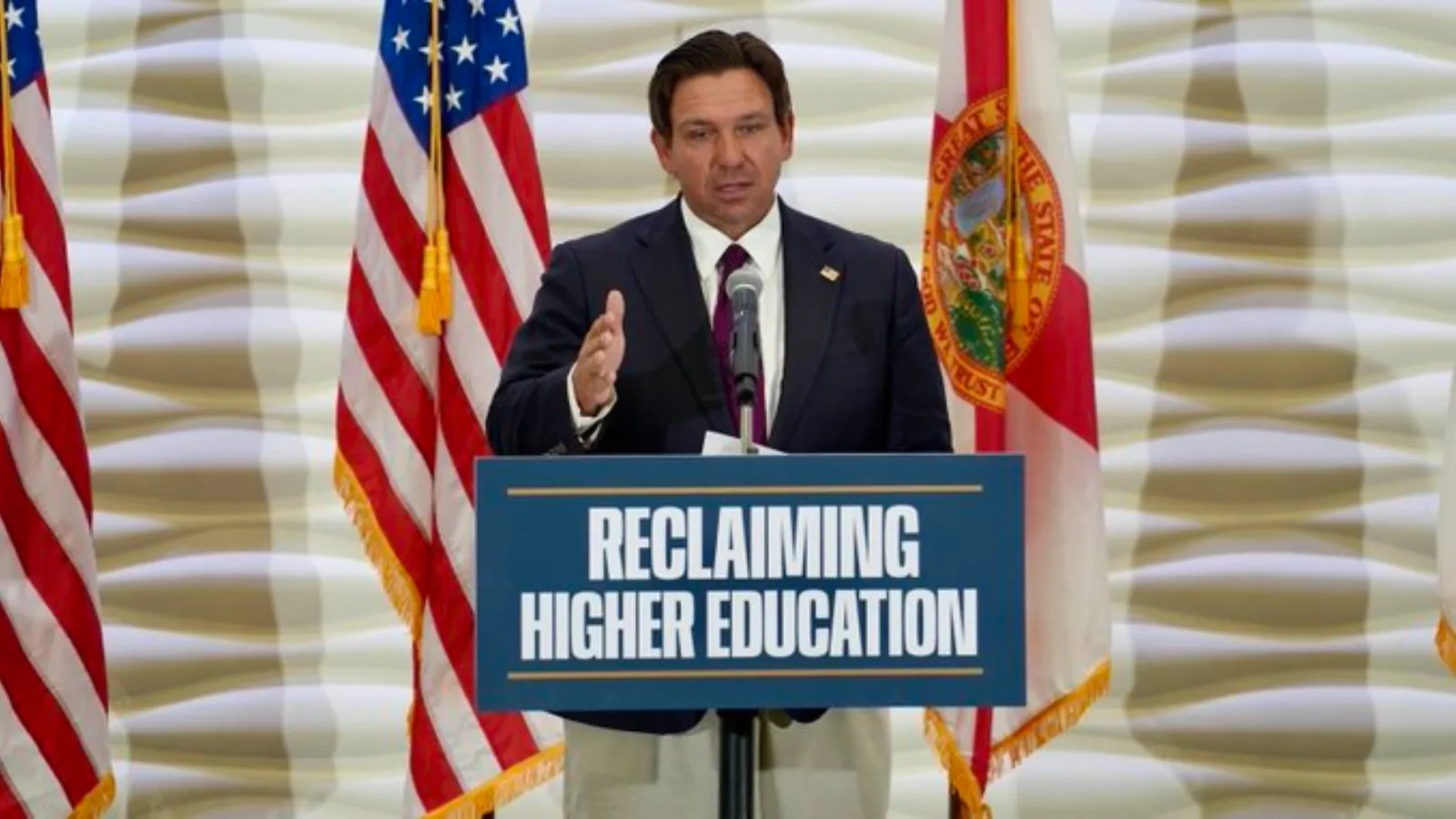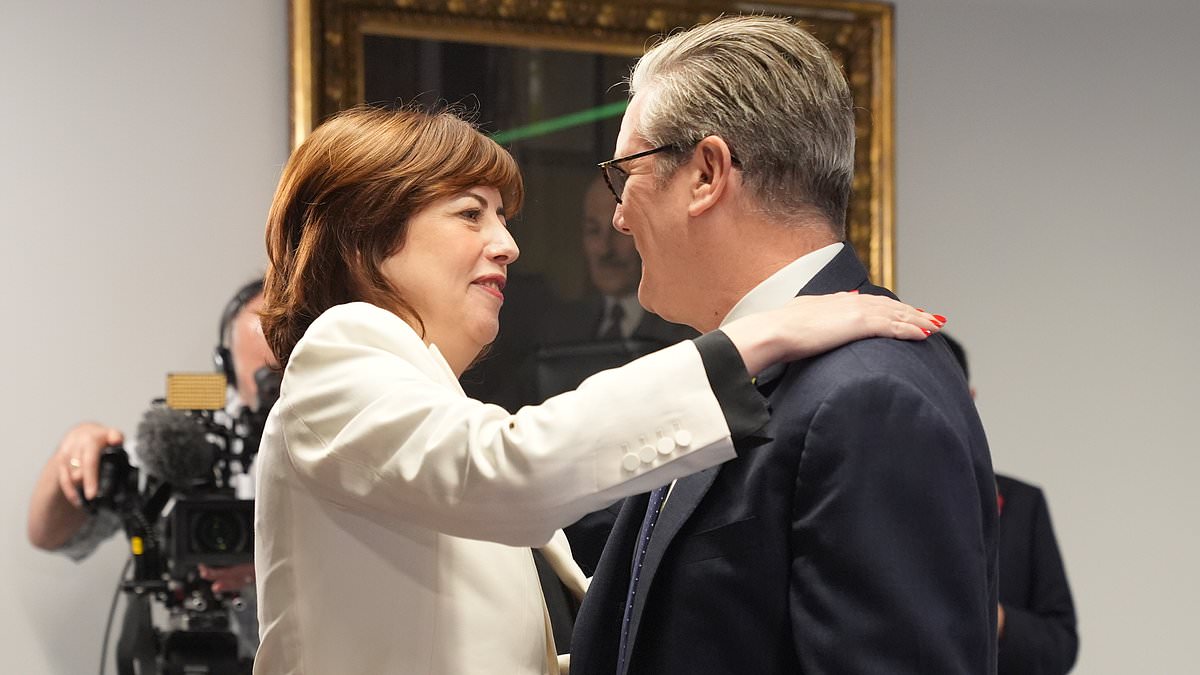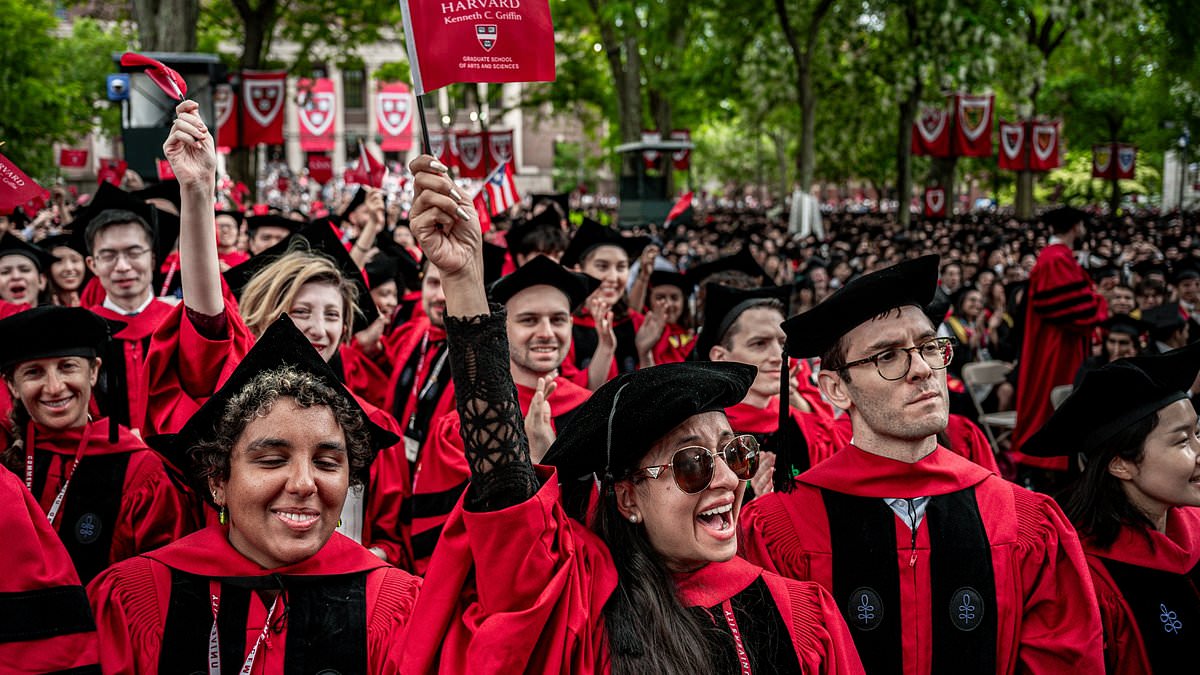Copyright news18

Florida Governor Ron DeSantis on Wednesday directed the Florida Board of Governors to crack down on H-1B Visa ‘abuse’ in higher education and banned the visas at state universities, ordering institutions to hire Americans instead of foreign workers. DeSantis announced that state universities will no longer be allowed to hire foreign workers on H-1B visas, ordering institutions to prioritise American citizens and Florida residents for all university positions. The Florida Governor also announced that Florida DOGE has partnered with Federal DOGE, the State University System, and institutional partners to cancel or repurpose millions of dollars in DEI-related grants. Universities across the country are importing foreign workers on H-1B visas instead of hiring Americans who are qualified and available to do the job. We will not tolerate H-1B abuse in Florida institutions. That’s why I have directed the Florida Board of Governors to end this… pic.twitter.com/dw3n8Ho5BK — Ron DeSantis (@GovRonDeSantis) October 29, 2025 Florida is requiring institutions to put American graduates first and ensure taxpayer-funded schools serve the American workforce, not to be used to import cheap foreign labor. H-1B visas are allegedly intended to hire individuals for a specialty occupation, but many universities and institutions have hired foreign workers for jobs that could easily be filled by qualified Americans. Universities are exempt from federal H-1B caps, enabling year-round hiring of foreign labor, his statement said. By working with Federal DOGE, the State University System, and individual institutions, Florida has also repurposed or canceled DEI-related grants that were made with total intended amounts of more than $33 million. The statement alleged that several grants were cancelled, citing ‘lack of compliance’ with state and federal law regarding DEI-centric, discriminatory missions. Florida repurposed millions of dollars in previously DEI-centered grants to align with state and federal law and represent an appropriate use of taxpayer funds. This included a USD 1.5 million grant previously focused on promoting “historically marginalised students” in STEM fields to focus on financial background, rather than race or ethnicity.



